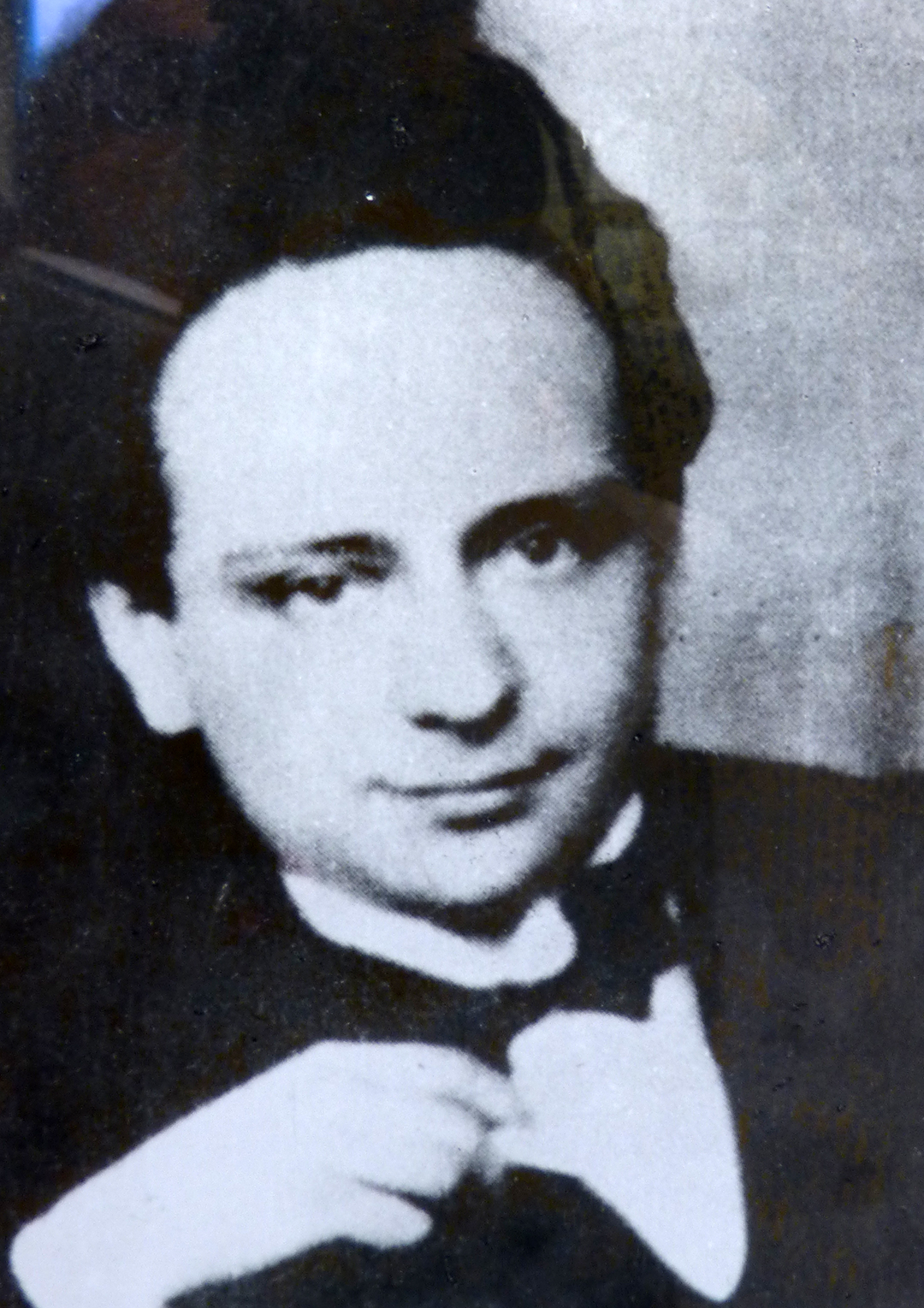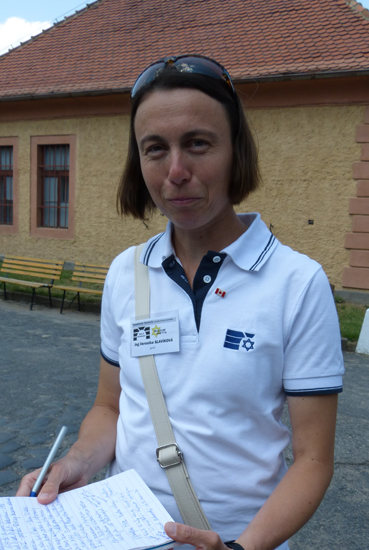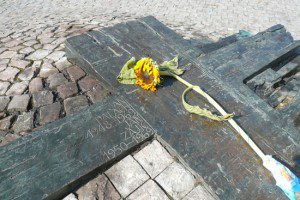
Imagine a curfew keeping you inside your home. You can. Imagine quarantine as if it were imprisonment. You can. Then, imagine coming up with a unique way to deal with your isolation by turning to one of your life skills. I imagine that you can do that too.
That’s what Victor Ullmann did, in 1942. Imprisoned at a place called Terezin, a concentration camp in Nazi-occupied Bohemia, Ullmann, a music composer by profession, wrote an opera inside the prison depicting his predicament. It was called The Emperor of Atlantis.
“It’s a (musical) parable about a mad, murderous ruler,” wrote a reviewer years later, “who proclaims universal war.” (more…)

